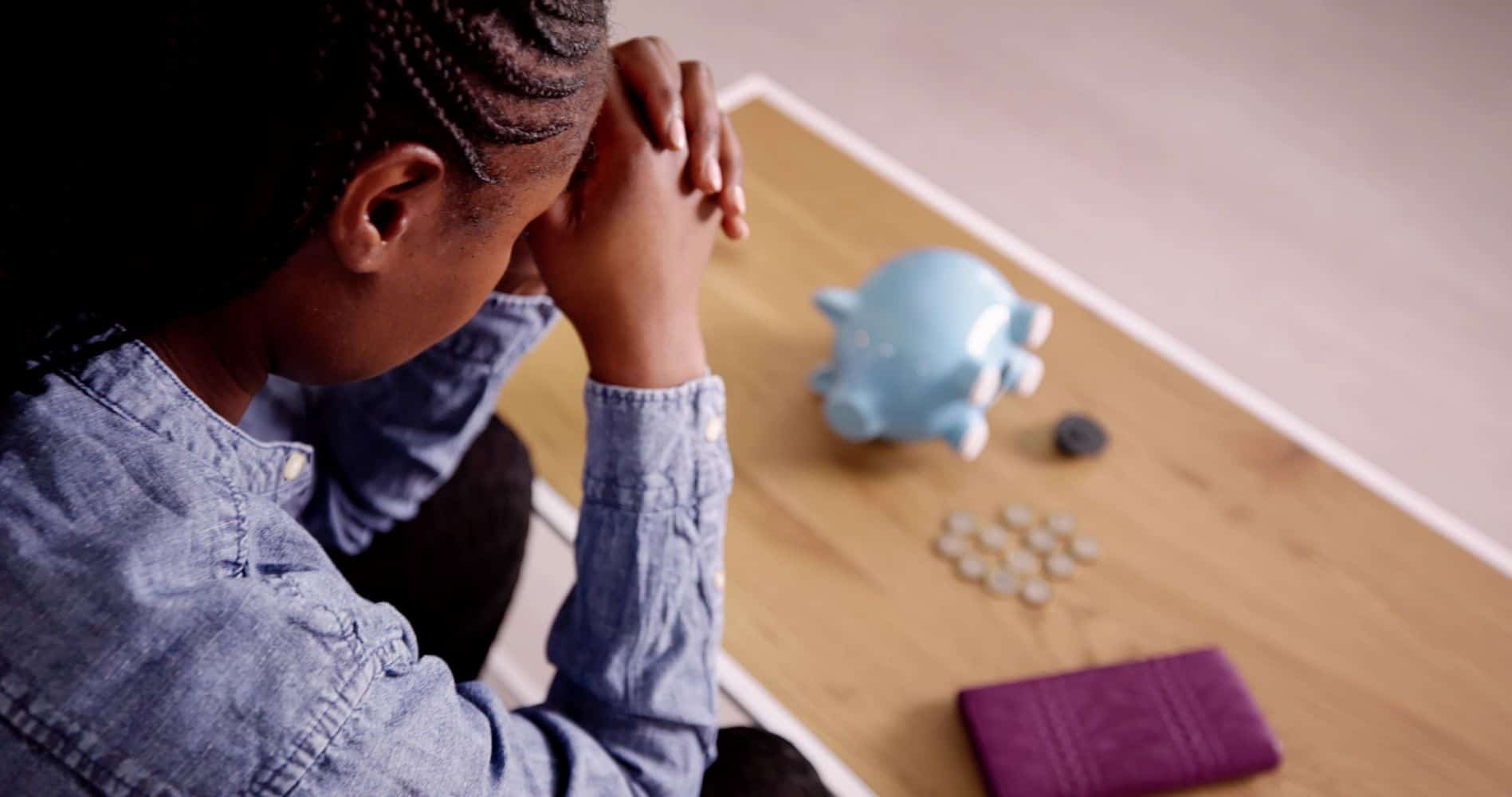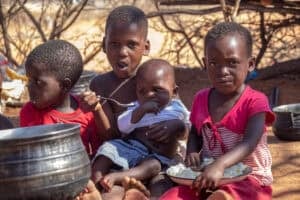Many women in South Africa are single breadwinners and they have to make difficult financial choices to afford the basics.

South African women of all income levels are forced to make difficult financial choices while people across the country brace themselves for job losses in the wake of the US tariff hike, with households already stretched by record levels of debt.
More and more South African women, which include 40% who are single mothers, must take on the financial responsibility for themselves and their families – but at what cost? A recent survey conducted by Debt Rescue reveal a grim scenario where women from all walks of life are forced to make difficult financial decisions just to keep going.
The survey shows that 54% of the respondents attributed their failing physical health to financial stress, while 43% say they sometimes go without food or electricity to repay their debt and 44% struggle to make their minimum debt repayments.
ALSO READ: Survey shows how economic distress erodes South Africans’ savings culture
This is in line with the latest survey data released by FinMark Trust, which shows that 75% of adults who borrowed money in 2024 needed to to cover essentials such as food, with 43% relying on credit just to put meals on the table. Increasing arrears and defaults point to households walking a terrifying financial tightrope, Neil Roets, CEO of Debt Rescue, says.
Difficult financial choices for women to look after family
“The fiscal load that women shoulder in silence and often alone came through loud and clear in the insights from our survey conducted in July and early August, Women’s Month, to shine a spotlight on the real plight of women in South Africa right now.
“With more single mothers in South Africa managing household finances, often as the primary or sole income earners, the financial burden on them is especially significant. As the financial decision makers in their households, many are not just supporting their biological children but are also financially responsible for extended family members.
“This places them under tremendous stress and affects their mental well-being. Something must change.”
ALSO READ: Disturbing survey reveals borrowing now a lifeline in SA
This is what makes women feel insecure
According to a recent research survey undertaken by 1Life Insurance that offers insurance specifically designed for women, the findings indicate that women are under intense pressure to make ends meet, with insufficient income (43%) and debt or high living expenses (21%) keeping them from becoming financially secure.
Groceries and essentials (32%), rent (17%) and school fees or child related (17%) expenses make up the top three monthly expenses.
“From this, you can see that with 63% of their money going to essentials, women are not splurging but rather focusing on what matters most to simply make ends meet,” Andiswa Nyembe, communications manager at 1Life, says.
“Most worrying is that 60% of the Debt Rescue survey respondents confirmed that they do not have an emergency savings fund of any kind. It is important to note that this is not for lack of trying, but rather because there is simply no money left at the end of the month to save.
“This can really be likened to hanging on to the edge of a cliff. That is the reality that millions of South Africans across the country face. It is no wonder that their mental and physical health is at risk.”
ALSO READ: Employed South Africans working hard for financial freedom
Cost of living increasing
Meanwhile, South Africa’s consumer price inflation increased to 3.5% in July, driven to its highest level since September 2024 by higher food and fuel prices.
“This will undoubtedly affect the deepening cost of living and national consumer debt crisis, as households – and particularly single mothers – struggle to field increased costs for essential goods such as food, particularly meat and vegetables and higher municipal tariffs for rates and utilities.
“This will decrease disposable income, reduce purchasing power and place greater pressure on household budgets,” Roets warns.
While South Africans struggle to stay afloat, with interest rates one of the key factors affecting disposable household income, there will be no relief on this front, according to Johann Els, chief economist at Old Mutual.
“I expect interest rates to remain unchanged while the central bank focuses on guiding inflation towards its preferred 3% target in the months to come.”
ALSO READ: More women than men are becoming first-time homeowners
Women also worry about their jobs
As if the picture is not gloomy enough, the latest Quarterly Labour Force Survey (QLFS) from Statistics SA for the second quarter of 2025 shows South Africa jumping past the 33% mark as the joblessness crisis deepens.
Significantly, the latest figures show that women continue to carry a heavier share of this burden, with the unemployment rate for women at 35.9%, compared to 31.0% for men, a gap of 4.9 percentage points.
“South Africans are under immense financial pressure and the country risks a deepening financial and social crisis as rising living costs push many to rely more heavily on credit just to survive. This growing dependence on debt is unsustainable and places households on a dangerous path of long-term hardship,” Roets warns.
Support Local Journalism
Add The Citizen as a Preferred Source on Google and follow us on Google News to see more of our trusted reporting in Google News and Top Stories.








